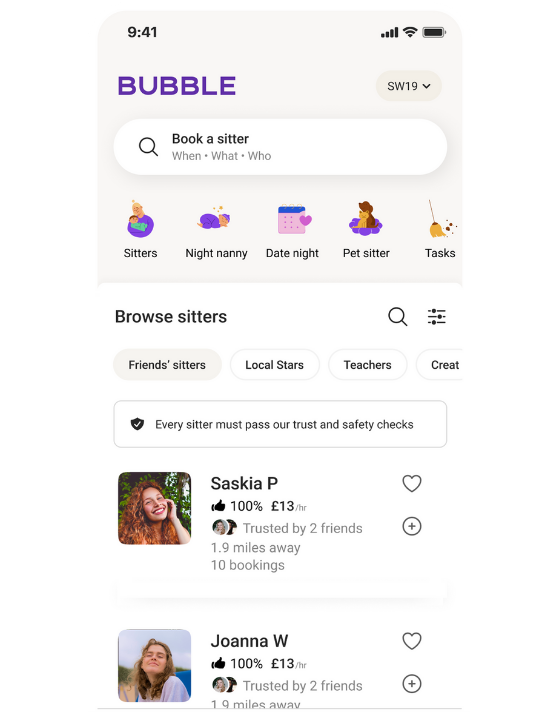The Importance of Childcare in Single Parenthood
Hi my name is Nevine, a single working mum to a wonderful 10 year old boy and founder of tech start-up, Playdate, the UK’s first dating app for single parents.
I suppose starting Playdate was initially a selfish endeavour. How the hell can a divorced, busy working mum in today’s modern world find the time to date let alone have a social life? I can hardly keep up with the school’s emails and parents WhatsApp groups, let alone make sure clothes are washed, dishes are cleaned, and fresh home-cooked food is prepared daily for the growing monster at home (while also feeding myself).





